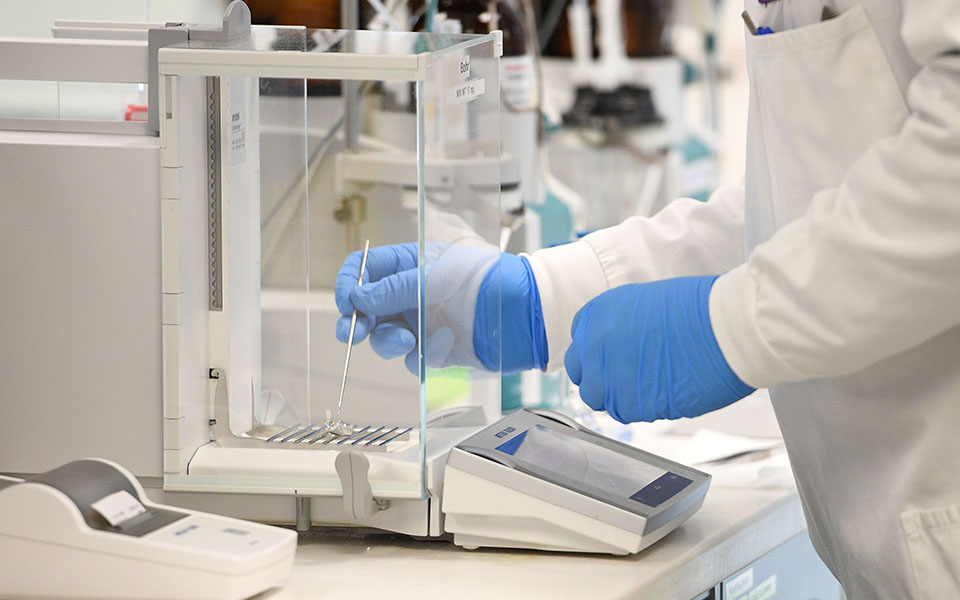
[ad_1]
AstraZeneca announced that the vaccine for Covid-19, which it is developing in collaboration with the University of Oxford, has shown an efficacy of approximately 70% in its large-scale clinical trial.
Specifically, the intermediate results of the final phase (phase 3), which was based on two different doses, show that the vaccine was 70.4% effective. The efficacy is clearly lower than that of the Pfizer / BioNTech and Moderna vaccines (94.5% and 95% respectively), which were based on the messenger RNA method. However, no one can speak of disappointment, since in 10 months we had a result, which for other vaccines took 10 years.
The Oxford University vaccine is noted to be cheaper, easier to store, and therefore easier to distribute worldwide. This means it can also play a key role in fighting the new coronavirus pandemic, if approved by regulators. The results are also encouraging for its safety as no serious safety incidents were recorded, while it was found to be well tolerated in all age groups.
90% efficacy in a lower dose group
More than 20,000 volunteers participated in the study. There were 30 cases of Covid in people who received two doses of the vaccine and 101 cases in which they received the placebo. This, according to the researchers, means that it offers 70% protection.
However, the efficacy rose to 90% in a group of volunteers who initially received half the dose and then the full dose. Specifically, in those who received two high doses the protection was 62%, while in those who received one low and one high, the protection was 90%.
It is unclear why this difference occurred, according to the BBC. Speaking to BBC television, Andrew Pollard, director of the Oxford Vaccine group, spoke of the result to those who received half the initial dose as an “interesting result”. “90% is an interesting result. When we give half a dose for the first dose it means we have more amounts at our disposal. And then … after the second dose we see 90% protection,” he characteristically said. “I think this It is a really exciting and interesting result, which we must look for more, “he added.
How does it work
The vaccine is a genetically modified common cold virus that has infected chimpanzees. It has been modified so that it cannot infect humans and carry the “fingerprint” of part of the coronavirus, known as the spike protein. Once introduced into the body, it begins to produce the coronavirus spike protein, which the immune system recognizes as a threat and attempts to combat.
How many quotas will the EU receive? – Brittany
The Commission has agreed to a draft contract that provides for the purchase of 300 million doses of the AstraZeneca / Oxford University vaccine with the option to purchase an additional 100 million doses. It is recalled that the corresponding EU agreement with Pfizer provides for the initial purchase of 200 million shares with the option to purchase an additional 100 million shares.
There are already 4 million doses available in Britain, with another 96 million to follow. This, of course, provided it receives final approval from the regulatory authorities. This process is expected in the next few weeks.
What is your cost
It is estimated that it will be of the cheapest vaccines for Covid-19, which will be commercialized. In the EU, its cost is estimated at around 2.5 euros per share, while in emerging economies and Latin America it will cost around $ 4 per share.
Sources: BBC, Reuters